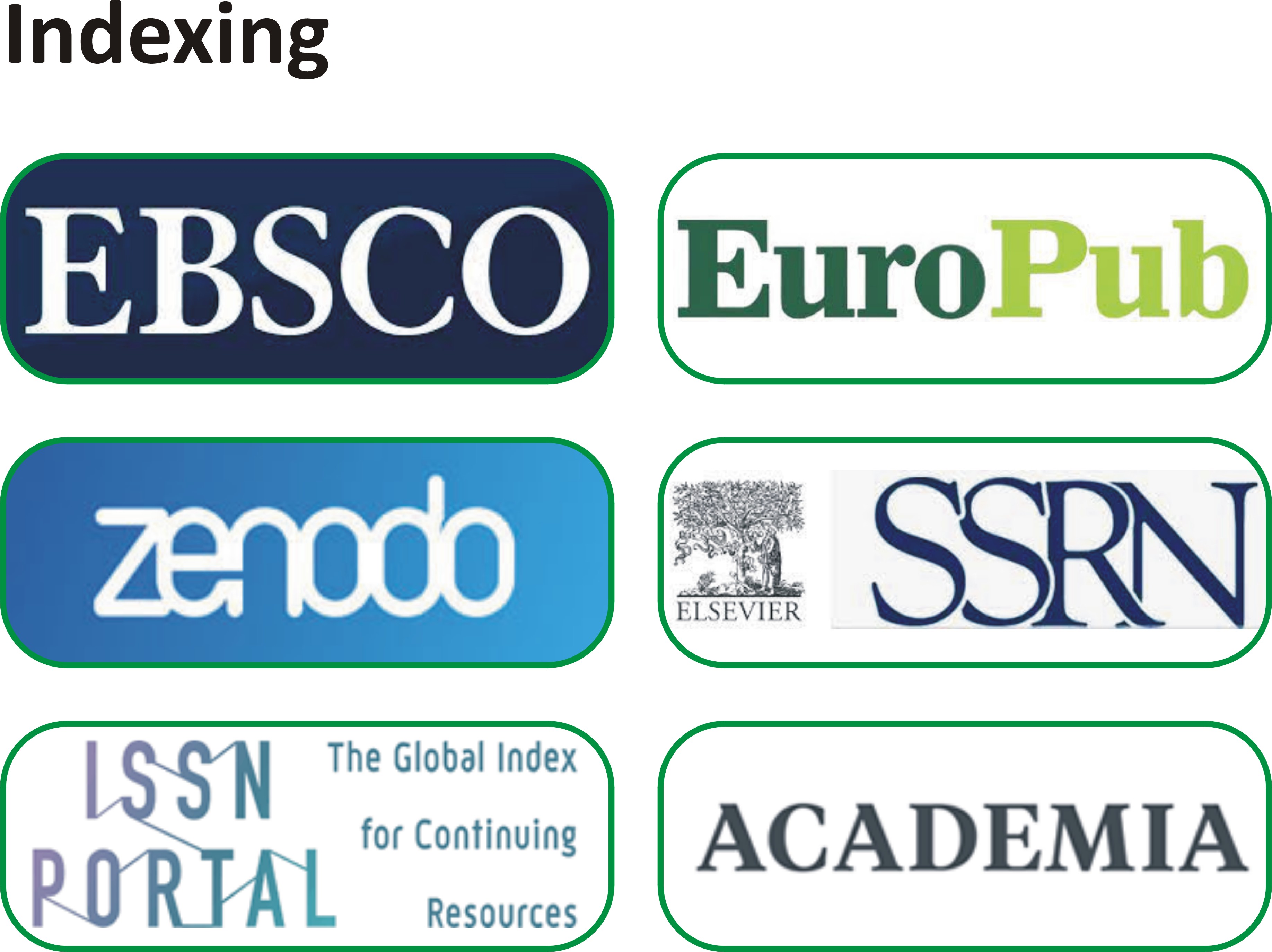Comparative Assessment of Bacteriological Drinking Water Quality in Urban and Rural Areas of Peshawar, Pakistan
Abstract
Access to safe drinking water is essential for life, yet Pakistan struggles with waterborne pathogens affecting its supply. This study compares drinking water quality in urban (Hayatabad) and rural (Larama) areas of Peshawar, Khyber Pakhtunkhwa. Randomly collected water samples from sources and user points were tested for bacteriological parameters, including total and fecal coliforms, and physicochemical parameters like pH, turbidity, hardness, TDS, EC, and chloride. Results showed 90% of urban samples were free from fecal contamination, while 80% of rural samples were contaminated. Urban water mostly met national standards, whereas rural water often exceeded limits for coliforms and TDS, posing health risks. Recommendations include enhanced sanitation, reliable water systems, and regular quality monitoring, especially in rural areas.







